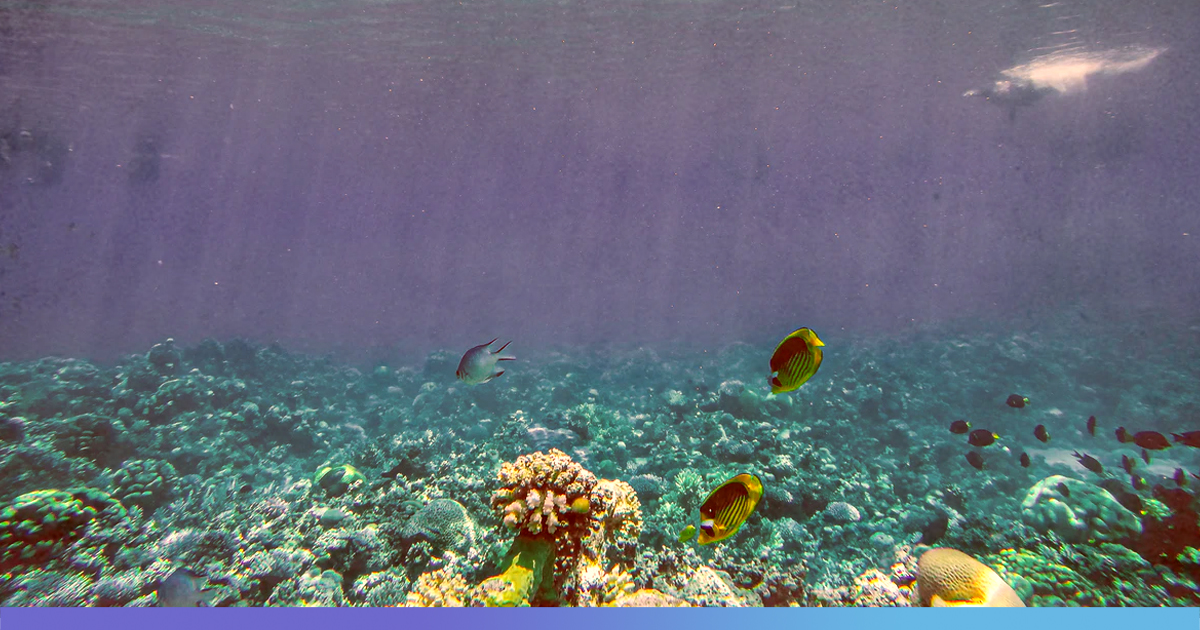An International Union for Conservation of Nature(IUCN) report has revealed that oxygen levels in the world’s oceans declined by roughly 2 per cent between 1960 and 2010.
The report released at the annual global climate talks in Madrid on Saturday, December 7 is compiled by 67 scientists from 17 countries. The study has identified 700 low oxygen zones, up from 45 in the 1960s. By the year 2100, the oceans are expected to lose 3-4% of their oxygen.
The report also stated that the oxygen depletion was not uniform across oceans. In some tropical locations, the loss was upto 40 per cent.
The decline in oxygen levels or deoxygenation is largely attributed to climate change along with with various human activities like nutrient runoff(a situation where excess nutrients from fertilisers used on farms and lawns wash into waterways)
“We have known about de-oxygenation, but we haven’t known the linkages to climate change, and this is worrying. Not only has the decline of oxygen quadrupled in the past 50 years but even in the best-case emissions scenario, oxygen is still going to decline in the oceans,” Minna Epps from IUCN was quoted in BBC.
Effects Of Oxygen Depletion
According to researchers, while jellyfish thrives in low oxygen conditions, oxygen depletion is threatening to larger, fast-swimming marine species like tuna, marlin and sharks. Low levels of oxygen can also affect the cycling of elements like nitrogen and phosphorus that are essential for life on earth.
When oceans absorb carbon dioxide, they become more acidic and less basic. This can dissolve the shells of aquatic life like clams, mussels and shrimps.
“If we run out of oxygen, it will mean habitat loss and biodiversity loss and a slippery slope down to slime and more jellyfish,” said Epps.
Since the middle of last century, oceans have also absorbed 93 per cent of the heat associated with greenhouse gas emissions. This has led to mass bleaching of coral reefs. Moreover, warmer water holds less oxygen.
“The ocean is a blue heart on the planet. It’s a majority of the living space on the planet, and it’s the centre of our life support system. And we need to look after it because it has been looking after us,” Dan Laffoley, the principal adviser in the conservation union’s global marine and polar program and co-editor of the report was quoted in The Indian Express.
Also Read: Victoria Falls Reduces To A Trickle, Succumbs To Climate Change Woes











